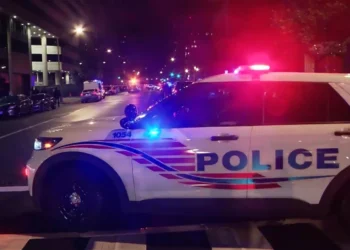
Slavery reparations are dead. How dead are they? Dead enough that not even black governors want them.
Maryland Governor Wes Moore vetoed a measure that would have created a commission to study reparations in the former slave state.
Moore vetoed the bill on Friday but said he will propose other methods to address the effects of slavery, Jim Crow laws and other forms of discrimination against blacks in Maryland.
The proposed commission would have explored options for addressing the state’s past and subsequent laws deemed discriminatory toward blacks from 1865 to 1965.
The options would have included a formal apology, cash payments or enacting laws that would make amends for past wrongs.
Why did Moore veto it? California’s experiment with racial reparations was probably an influence. After authorizing commissions to study reparations, they did nothing except stir up controversy. California let the process go far enough that it produced massive potential payments that could never be authorized, raising hopes in the black community of huge checks while touching off outrage among white residents.
And then there’s the whole awkward problem of whether reparations would be limited to actual descendants of slaves or anyone who is black which created its own divisions in the black community.
As David Horowitz had exposed in his book ‘Uncivil Wars’, racial reparations were a tool of division. Gov. Moore decided they’re an inconvenient tool after California’s reparations efforts turned everyone against everyone else.
Now racial reparations are dead.

















